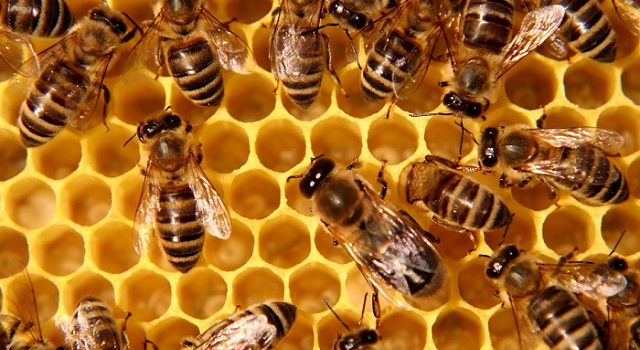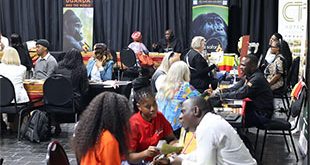
Mbarara, Uganda | THE INDEPENDENT | Dairy farmers in Mbarara District affected by a Kenyan ban on milk imports from Uganda have turned to beekeeping.
The farmers are shifting into honey production to create alternative income for themselves.
This is being initiated by Pearl Dairies Limited following farmers complaints about the fall of milk prices. The company which processes Lato Milk stopped full-scale production at the height of a milk war with Kenya at the beginning of 2020. At the time, Kenyan authorities were confiscating imported Ugandan milk and turning away trucks on grounds that the milk had been smuggled into the country without paying taxes, thereby depressing local prices.
The outbreak of the Covid-19 pandemic also affected production leading to farm gate prices crushing. The price per litre of Milk dropped from 1,200 to 800 Shillings. The diaries were selling at 1,200 per litre from 1,600, a fall of 400 Shillings for every litre.
Michael Van den Berg, the head of Dairy and Apiculture development at Pearl Dairy says the initiative is seeking to assist affected dairy farmers with an alternative source of income.
He says much as the milk sector was boosted with a diary factory, plans are underway to install a honey processing line at the factory site in Mbarara that will help in providing a quick market for the diversifying farmers.
Jackson Bells Katongole chairman of Besigana dairy farmer’s cooperative society in Mbarara district says several farmers in the cooperative have abandoned farming and ventured into other businesses including beekeeping.
He says that is forcing some farmers to abandon farming and invest their money in other business activities since the milk market is being affected.
Enoch Tuwangye, a farmer who has ventured into beekeeping says that dairy farming is now more expensive noting that buying a litre of acaricides needs over 100 litres of milk.
Simon Abaho, another dairy farmer says that since he has ventured into beekeeping it needs less capital in form of land, compared to dairy farming.
He now wants the government to make milk consumption in schools compulsory to create a stable domestic market for it.
*****
URN
 The Independent Uganda: You get the Truth we Pay the Price
The Independent Uganda: You get the Truth we Pay the Price






